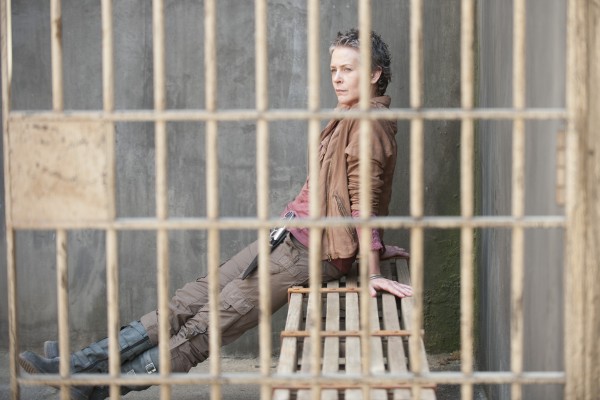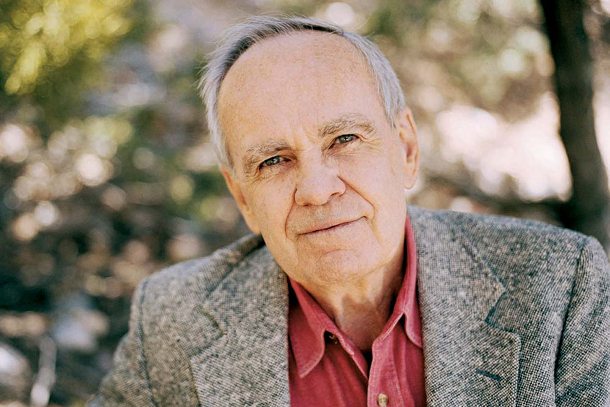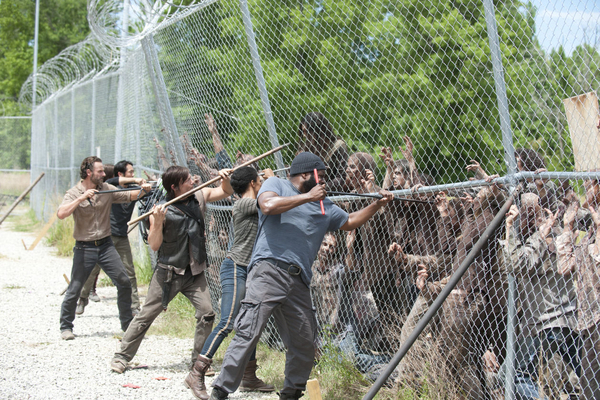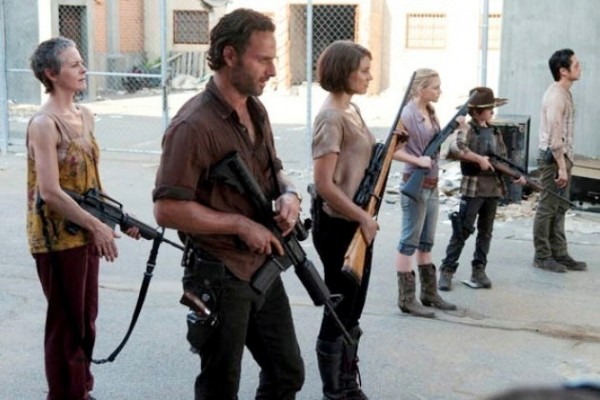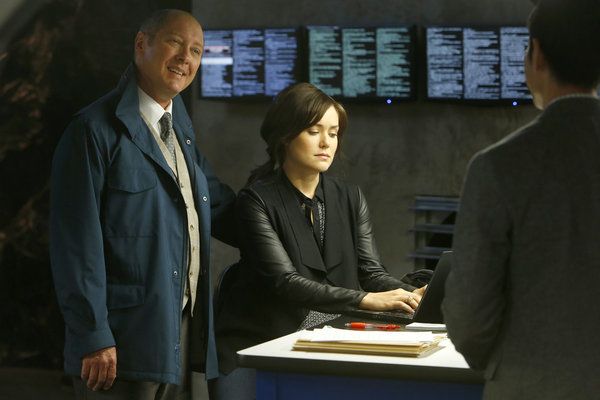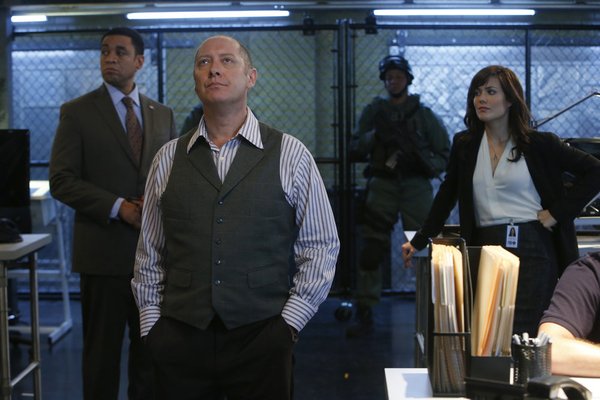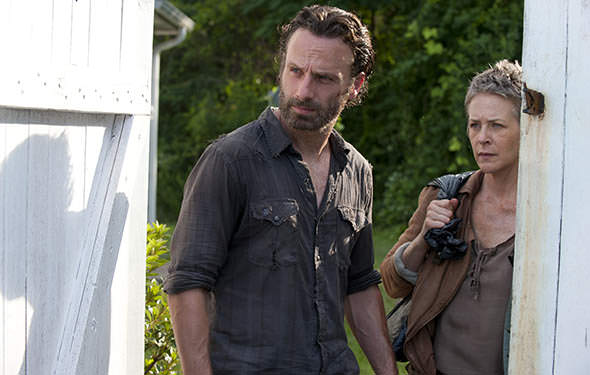
TV Recap: Walking Dead, “Indifference” (4.4)
It doesn’t feel all that long ago that The Walking Dead wore well a penchant for stretching its leads and inevitable confrontations far beyond their elasticity. Admittedly, I didn’t have much faith in the show when Tyreese discovered the charcoaled remains of his love, Karen, and David. Yet the subsequent two episodes respectively dealt with the immediate pair of questions: who, and what would happen to that person. Well, Carol didn’t lie to Rick when he asked her, firmness of suspicion toning his voice, and she didn’t fight him much when he banished her. Never mind that the real psychopath is still in the camp’s midst. But the rats are a secondary order. People are sick. Where there are sick people, there will soon be dead people.

